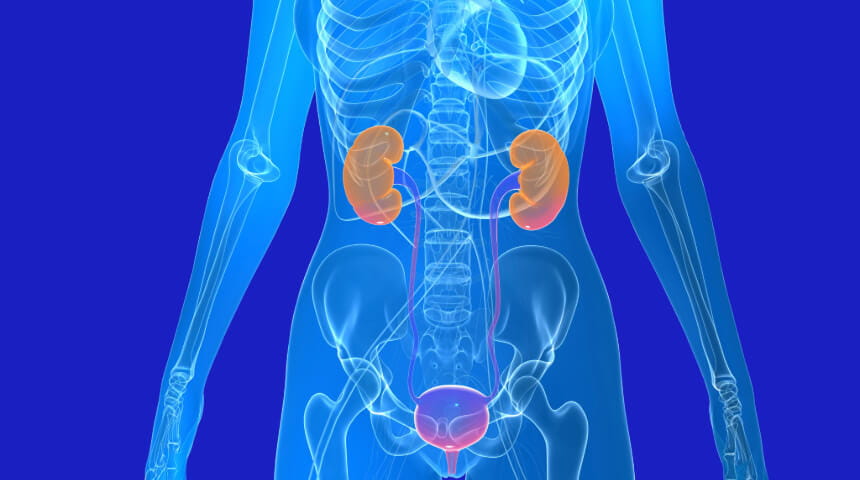Multidisciplinary Tandem Surgeries Address Aggressive Deep Infiltrative Endometriosis
Surgical specialists at Orlando Health Women's Institute Center for Minimally Invasive Gynecologic Surgery offer a comprehensive, patient-centric program for women with endometriosis, including tandem surgery for those suffering deep infiltrative disease.

The chronic and complex inflammatory disease ranges in severity from superficial peritoneal endometriosis, large endometriomas, to deep infiltrative endometriosis (DIE) that involves other organs, specifically the colon, small bowel, bladder and ureter.
“As a tertiary referral center for our region, we see a wide range of patients — from those who don’t know they have endometriosis to women with complex cases of aggressive disease,” says Renae Shibata, MD, a board-certified gynecologic surgeon with Orlando Health Women's Institute Center for Minimally Invasive Gynecologic Surgery.
“Patients have a history of chronic pelvic pain when they come to me and many are underdiagnosed,” says Dr. Shibata. “They may have been on various hormonal medications and tried other therapies with very little relief. As a surgical service, we are able to both diagnose and treat endometriosis.”
For unresponsive or deep endometriosis, minimally invasive gynecologic surgery (MIGS) offers an option. “Surgery removes tissue and alleviates pain more effectively than laser ablation or fulguration,” says Dr. Shibata. “We use MRI and laparoscopy for diagnostic evaluation and advanced robotic surgical techniques to excise disease and restore normal anatomy as much as possible.”
Complex DIE cases involving invasive endometriotic lesions attached to the rectum, bowel or urinary tract demand the dexterity of robotic-assisted surgery and coordination with other specialists. This can involve working with a colorectal surgeon for a potential bowel resection, disc excision or rectal shaving, and working with a urologist for excision of bladder endometriosis or ureteral endometriosis, which may involve ureteral excision and re-implantation. If disc excision, laparoscopic colorectal resection or urological re-implantation is necessary, specialty surgeons work in tandem with Dr. Shibata in one, coordinated surgery rather than definitive surgeries for best patient outcomes.
MIGS also can treat infertility caused by endometriosis or remove large endometriomas preventing egg retrieval. “For women of child-bearing age or with unexplained infertility, MIGS is an alternative to a hysterectomy or oophorectomy,” says Dr. Shibata.
Endometriosis has a known impact on fertility, and the MIGS department works closely with reproductive endocrinology and infertility specialists in assisting patients in their fertility journey. This can involve removal of large endometriomas prior to egg retrieval or excision of disease to improve outcomes of IVF or baseline fertility. Careful surgical technique ensures as much normal ovarian tissue is preserved as possible.
Orlando Health Women’s Institute Center for Minimally Invasive Gynecologic Surgery is composed of expert specialists providing comprehensive care and advanced robotic surgical techniques for complex gynecologic disorders and pelvic floor dysfunction. Orlando Health is dedicated to revolutionizing patient care with outcomes advanced by specialists skilled in the most leading-edge technologies and involved in advanced clinical research and training.





